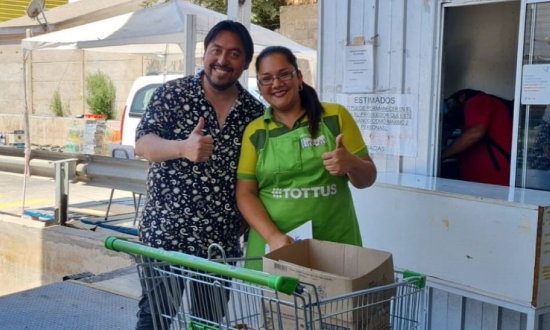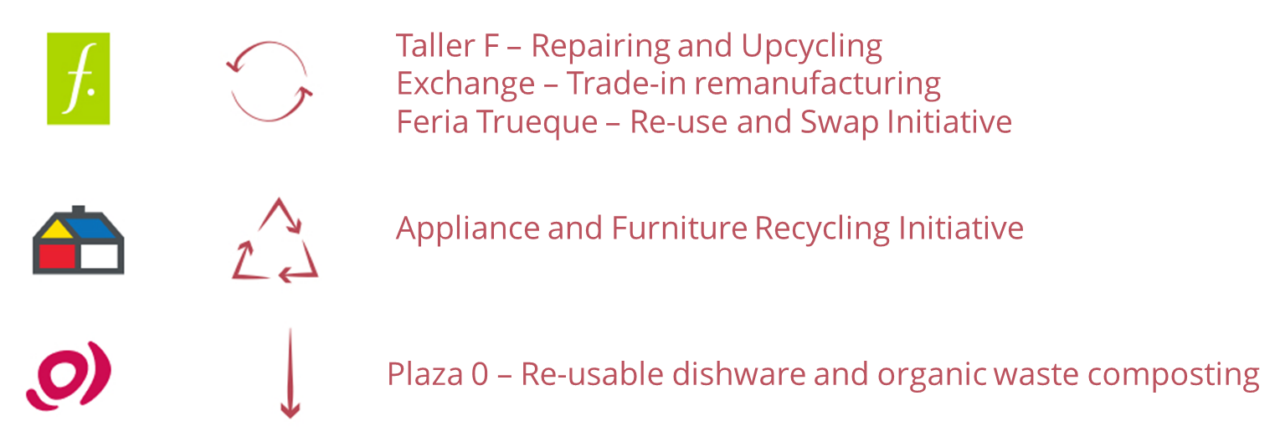


Operational waste refers to the waste generated from the routine activities of our facilities. We are actively working to improve how we manage this waste, promoting initiatives such as recycling through specialized companies and partnerships with organizations that aim to reintegrate these raw materials into production chains.
In 2024, we successfully recovered more than 48,600 tons of waste through the recycling of organic and inorganic materials. With these actions, we aim not only to minimize the environmental impact of our operations but also to contribute to a more sustainable and responsible business model.

At Falabella, we emphasize the importance of reducing food loss and waste as a crucial opportunity to improve our efficiency in the use of natural resources, reduce our environmental impact, and contribute to the global food security challenges defined by the United Nations and framed within specific SDGs (Sustainable Development Goals). We are committed to achieving a 20% reduction in absolute food waste in our supermarket formats Tottus, Hiperbodega, and Superbodega in Chile and Peru by 2025, with 2021 as the baseline.
Food donations are part of our food waste reduction strategy and at the same time contribute to empowerment and local development. We have implemented effective redistribution strategies, reducing losses and actively contributing to the community through partnerships with entities such as Fundación Don Bosco and the Food Bank of Peru, and the Red de Alimentos in Chile.
In 2024, we reduced food waste in our supermarkets by 26% compared to 2021.

Operational waste refers to the waste generated from the routine activities of our facilities. We are actively working to improve how we manage this waste, promoting initiatives such as recycling through specialized companies and partnerships with organizations that aim to reintegrate these raw materials into production chains.
In 2024, we successfully recovered more than 48,600 tons of waste through the recycling of organic and inorganic materials. With these actions, we aim not only to minimize the environmental impact of our operations but also to contribute to a more sustainable and responsible business model.
Discover Some of the Circularity Initiatives in Our Businesses:
